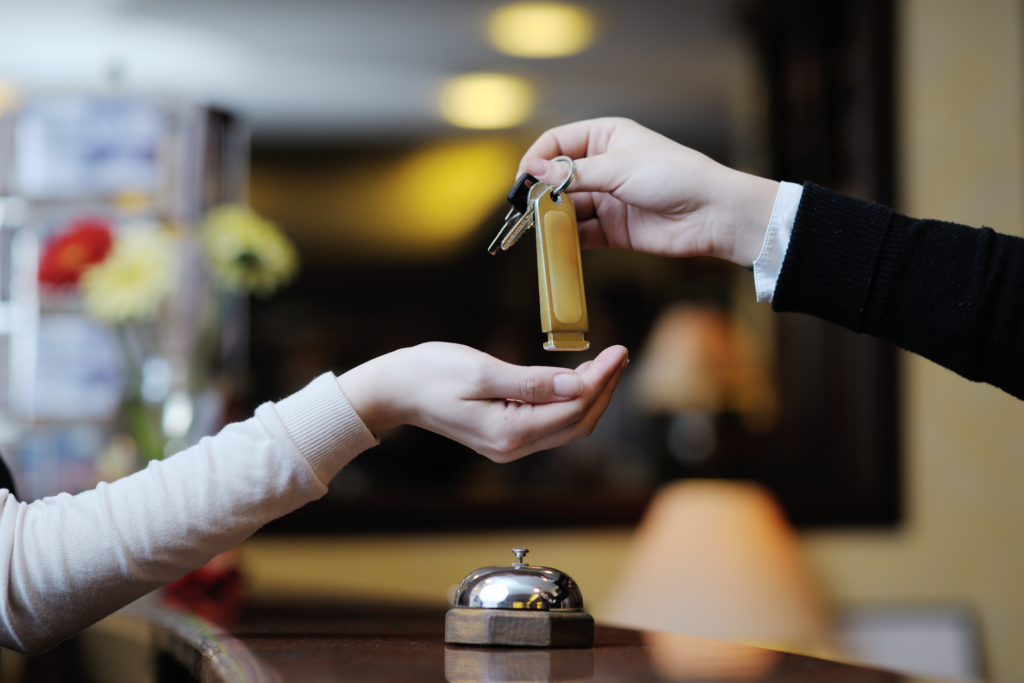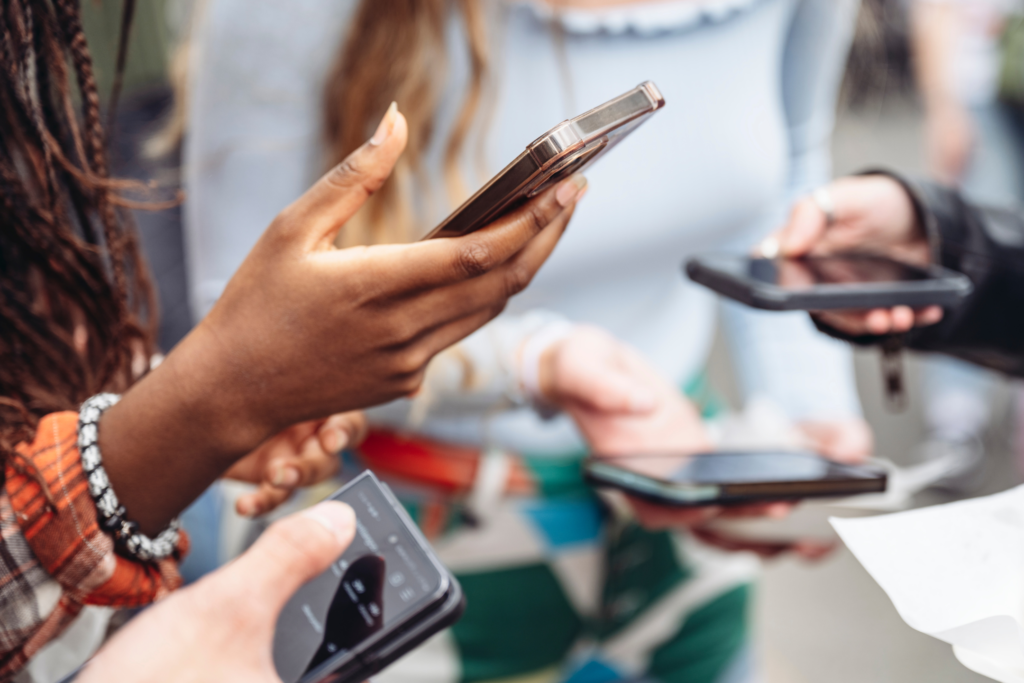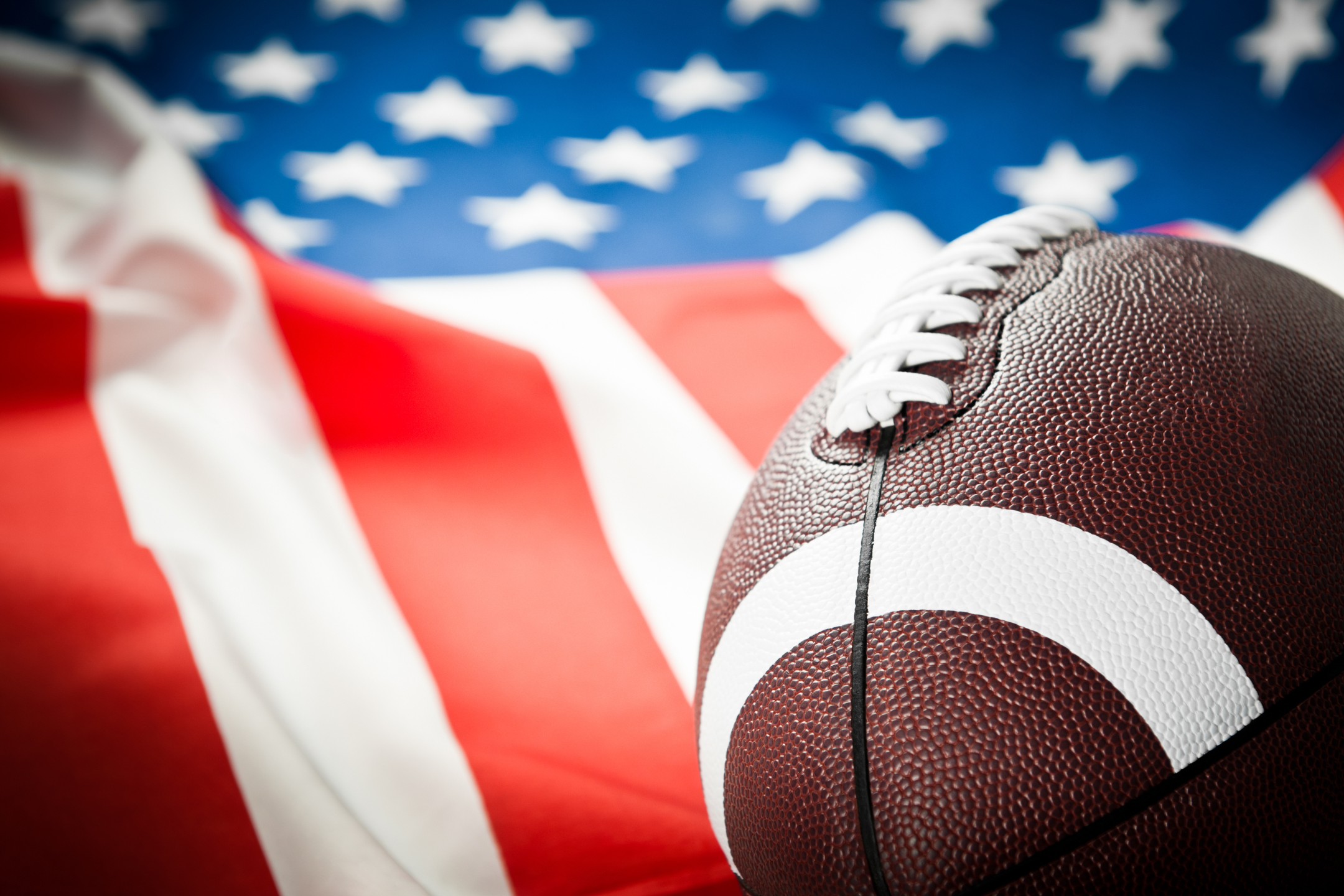The Super Bowl is known as the biggest football event in the United States, attracting millions of viewers and hundreds of thousands of fans to the host city each year. While people enjoy the game and celebrations, it’s important to acknowledge that these events can create an environment ripe for human trafficking, especially sex trafficking. The large crowds, high demand for entertainment, and influx of temporary visitors can lead to exploitation.
The Appeal of Big Events
Big events like the Super Bowl attract many different kinds of people, including sports fans, celebrities, business professionals, and casual attendees. This excitement can result in people being less aware of their surroundings, leaving them vulnerable to manipulation. Traffickers take advantage of this by tricking individuals into situations where they might be forced into commercial sex acts.
Trafficking networks often plan ahead for events like the Super Bowl. They look for areas where people gather, such as bars, clubs, and hotels, seeking out those who may feel alone or in need of help. Because many attendees are not familiar with the city, traffickers can blend in more easily and carry out their illegal activities without attracting attention.
Temporary Accommodations and Privacy
The big demand for hotels and short-term rentals during the Super Bowl creates an ideal setting for trafficking operations. As places to stay fill up, some traffickers may rent rooms under fake names or use properties that allow them to remain anonymous. The constantly changing crowd makes it harder for anyone to notice unusual activities.

Hotels and motels that cater to large events might unintentionally become hotspots for trafficking if staff are not trained to recognize warning signs. Traffickers often use these places as their base, taking advantage of the lack of oversight and distance from law enforcement. Many staff members may not feel knowledgeable enough to report suspicious behavior, which lets traffickers operate with relative ease.
The Role of Online Platforms
Beyond physical spaces, online platforms have also become important in facilitating human trafficking during major events. Websites, social media, and classified ads can be used by traffickers to promote their victims. The internet offers anonymity, letting traffickers connect with potential clients without revealing their true identities or the exploitation happening behind the scenes.

Traffickers often use marketing strategies similar to legitimate businesses, using attractive language and images to entice clients. During the Super Bowl, the increase in online activity can amplify these tactics, making it harder for authorities to spot illegal operations. Law enforcement may find it difficult to keep up with the fast pace of online transactions, allowing trafficking networks to continue undetected.
Awareness and Prevention Efforts
Understanding the risks associated with large events, many organizations and advocacy groups have increased efforts to fight human trafficking around the Super Bowl. Public awareness campaigns aim to educate attendees about the signs of trafficking and how to report concerns. Partnerships between law enforcement and non-profits are becoming more common, with initiatives focused on training hotel staff and local businesses to identify and respond to potential trafficking situations.
Moreover, social media campaigns during the Super Bowl work to raise awareness about the issue, encouraging people to stay alert and proactive. By promoting education and resources, these initiatives aim to create an informed public that understands trafficking’s complexities and the importance of reporting suspicious behavior.
Moving Forward
As the Super Bowl remains a key cultural event, it’s crucial to address the risk of human trafficking continuously. Greater awareness from law enforcement, along with community participation and educational efforts, can help reduce the dangers linked to large gatherings. By fostering a culture of vigilance and accountability, communities can collaborate to combat human trafficking and protect vulnerable individuals during one of America’s most celebrated occasions.

